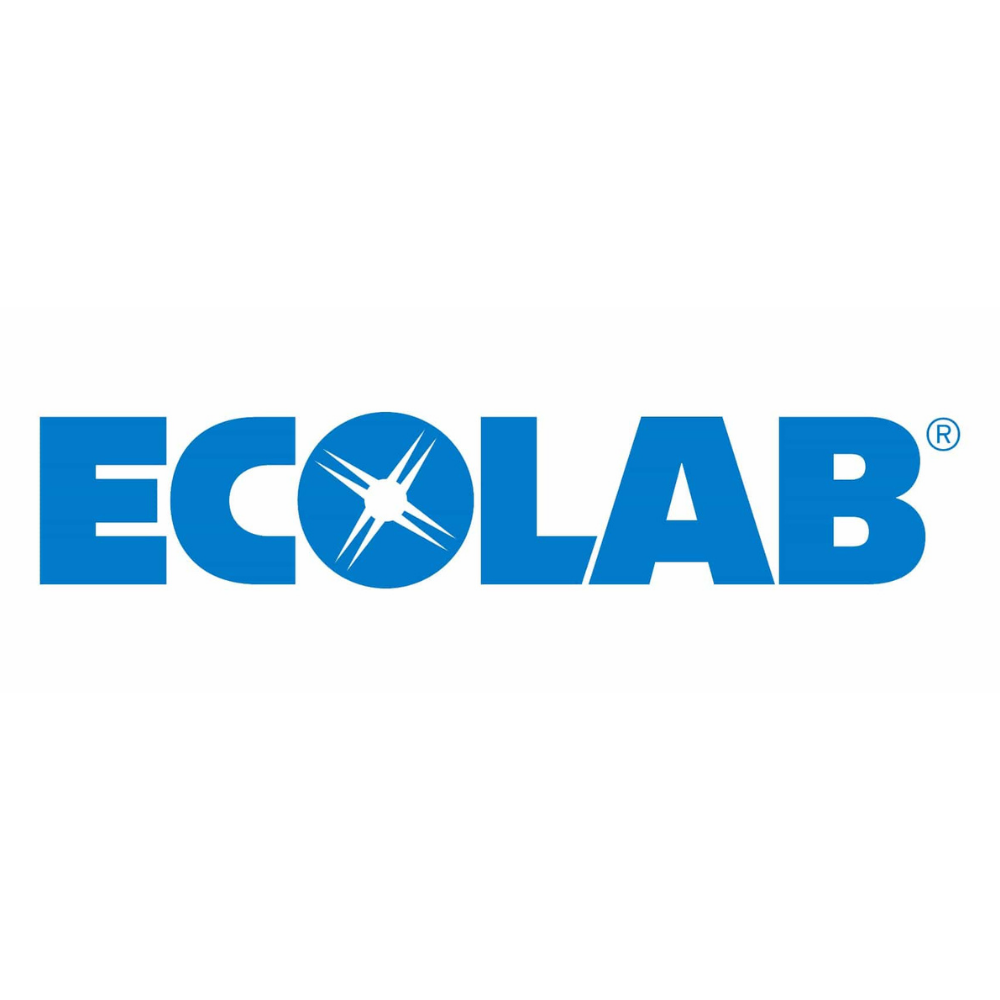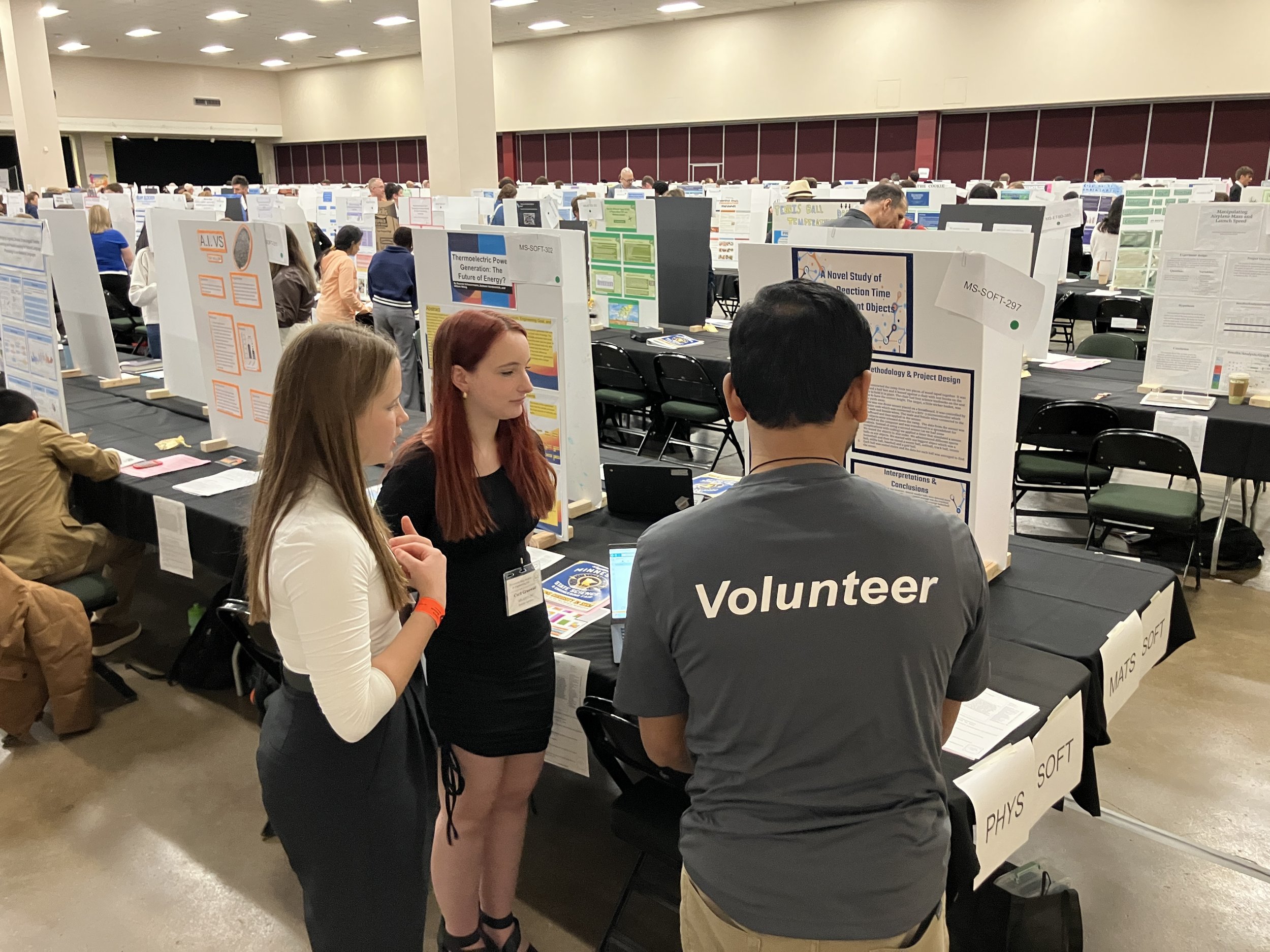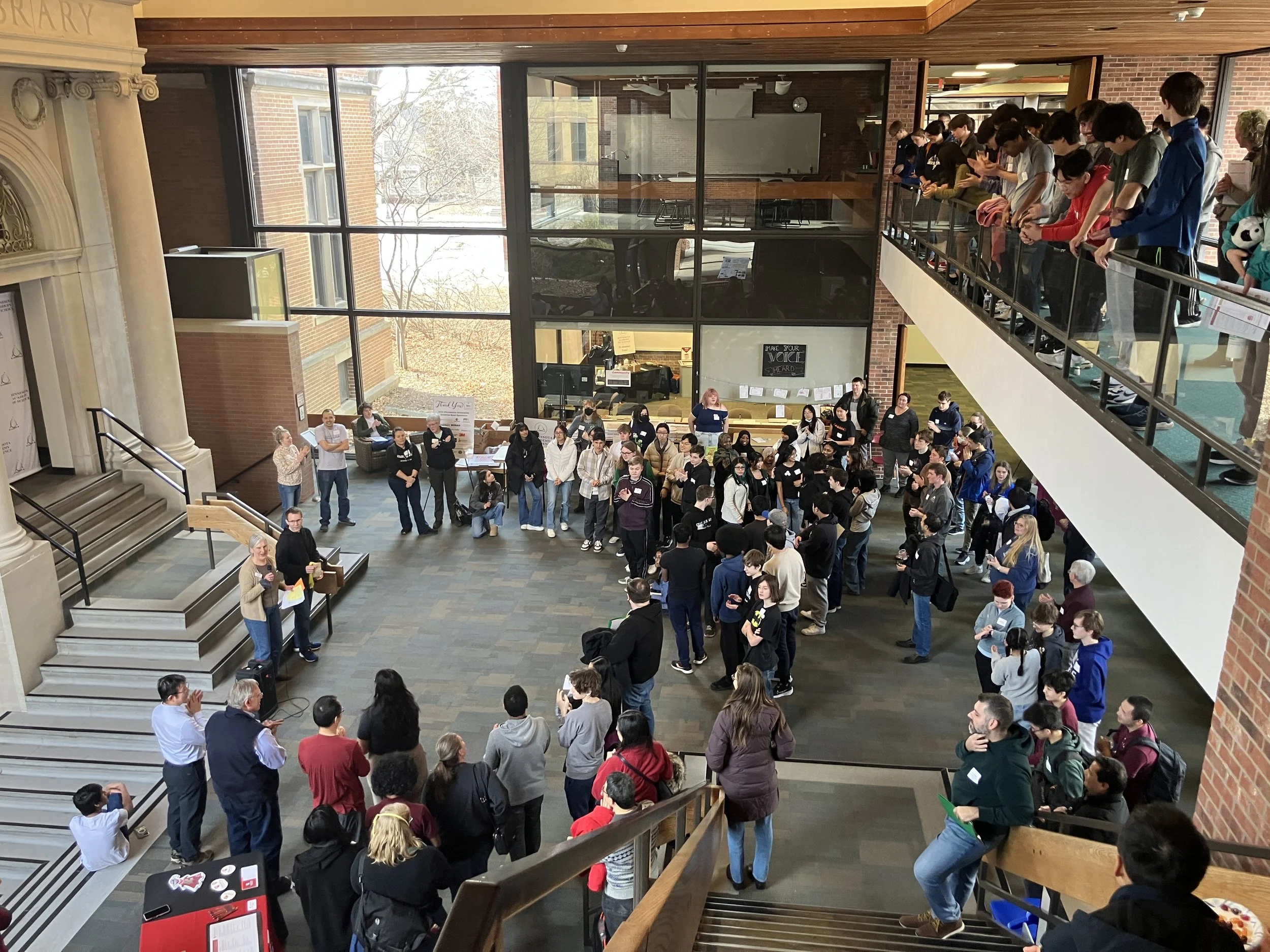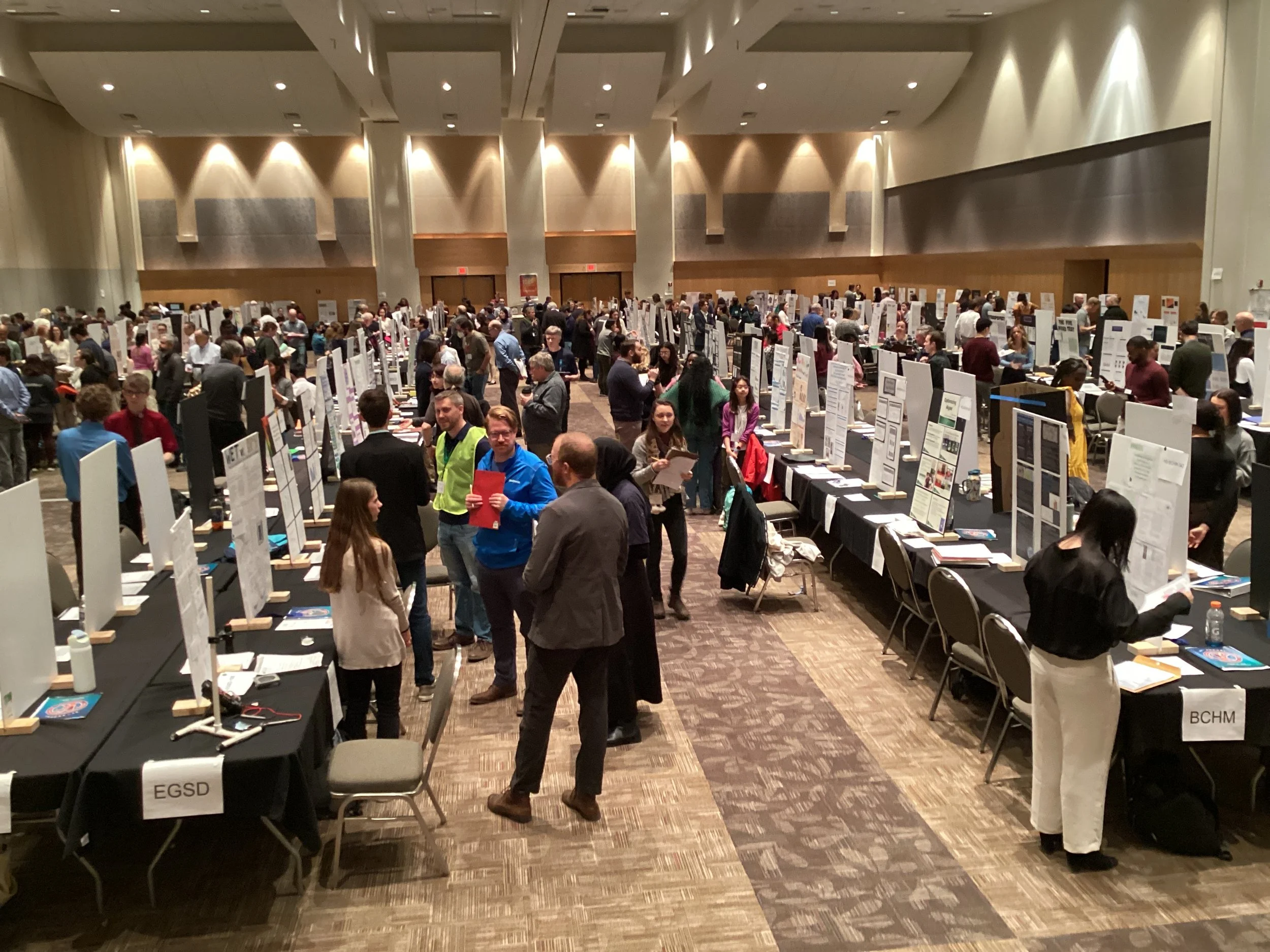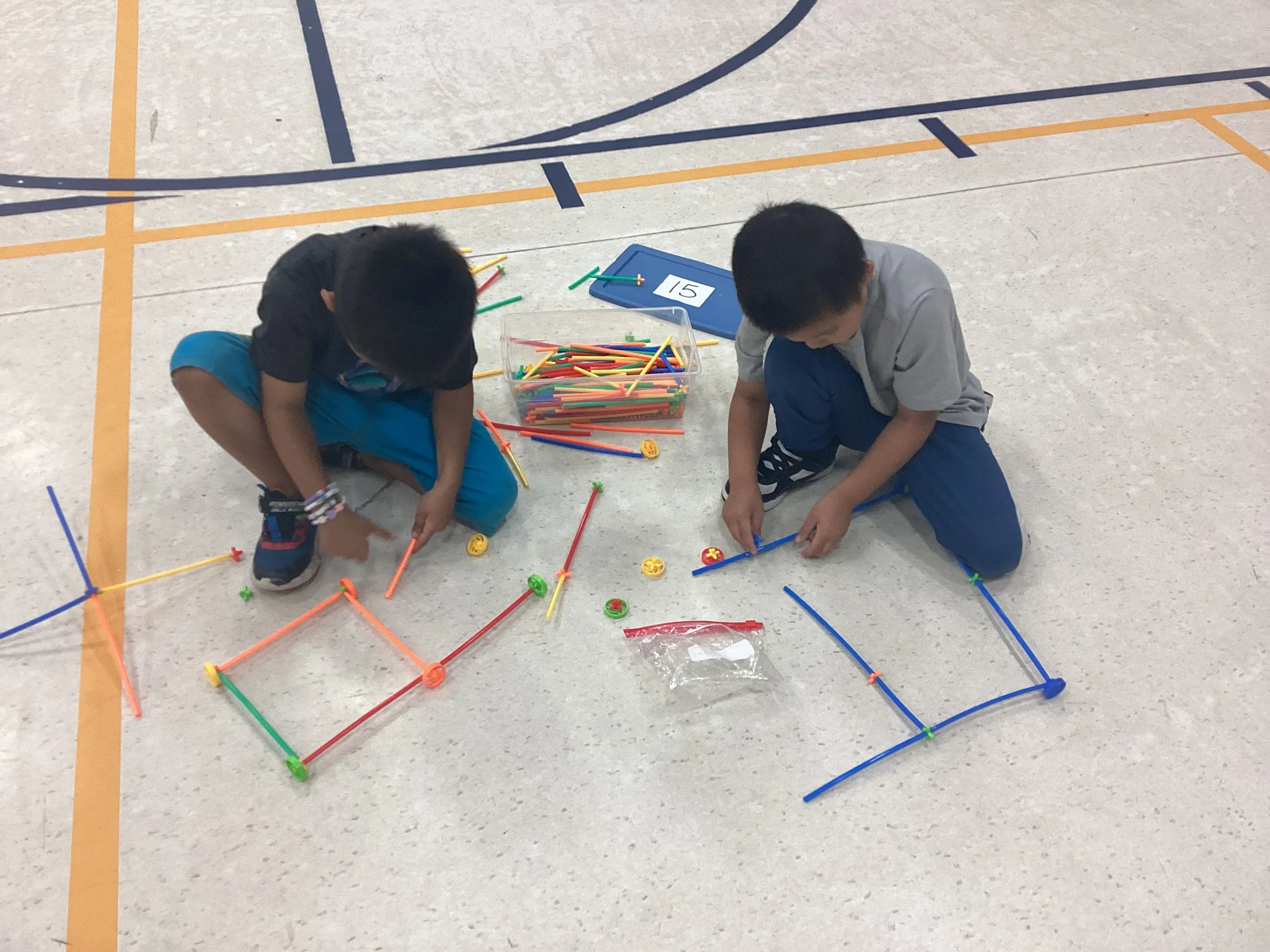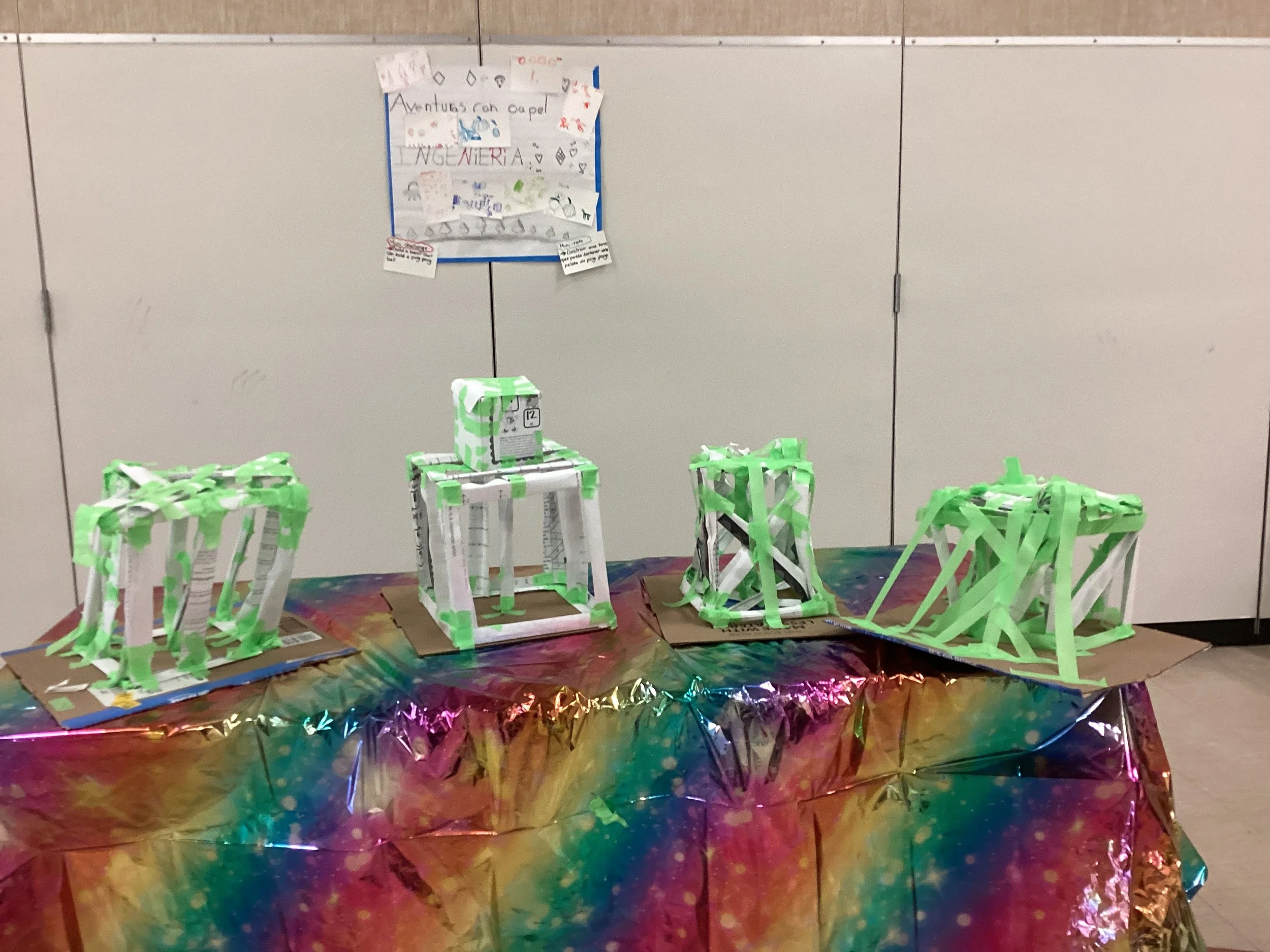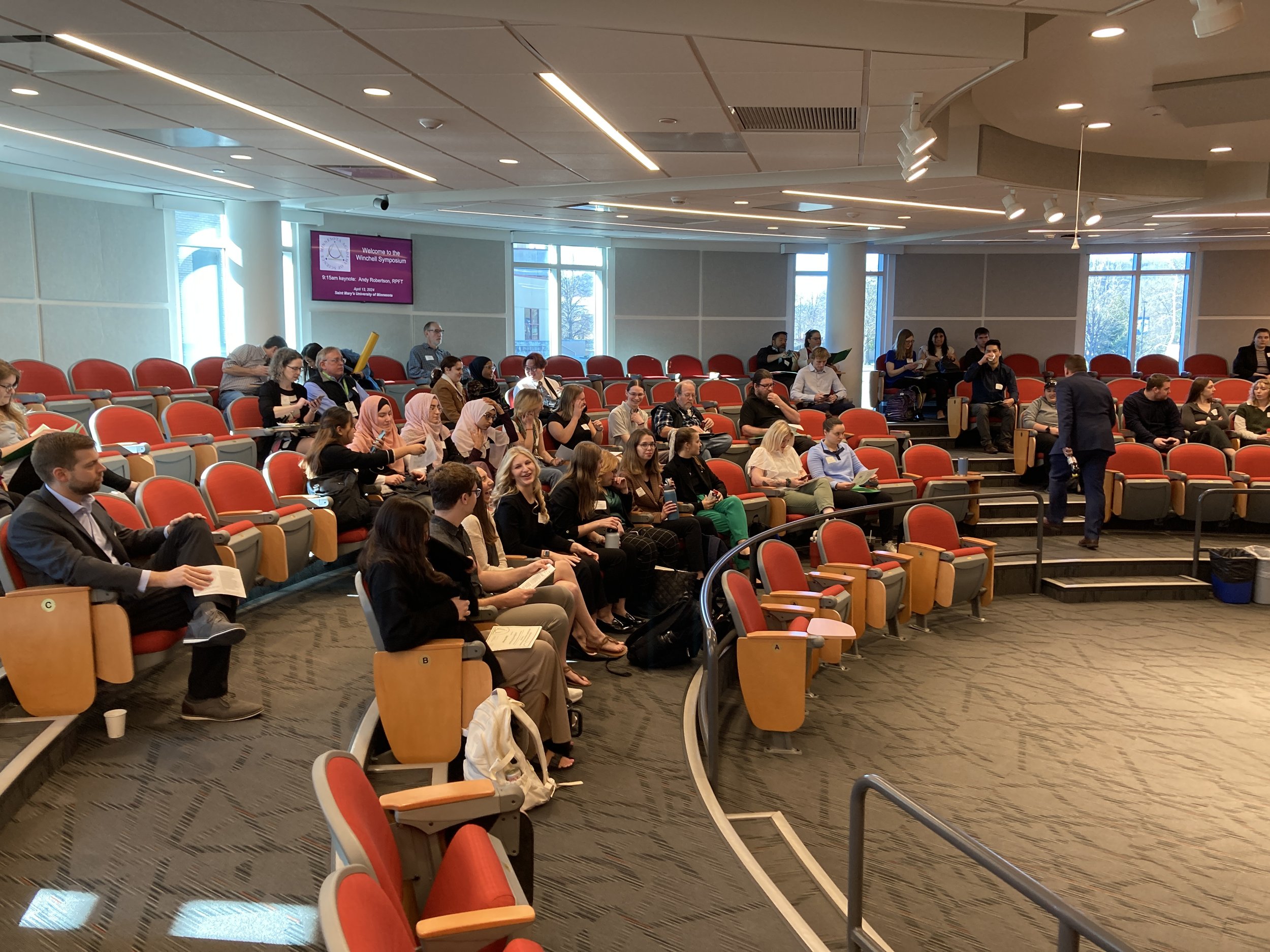STUDENT & ADVISOR INFORMATION
The 2025 Winchell Symposium will be Saturday, April 26, at North Hennepin Community College.
Registration for student presenters and judges has now closed, but others can still register to attend the full day or just the afternoon (for the student presentations only)!
Presentation Guidelines
What Constitutes Undergraduate Research?
The Winchell Undergraduate Research Symposium is designed to provide a venue for students to present research. According to the Council on Undergraduate Research, research is “an inquiry or investigation […] that makes an original intellectual or creative contribution to the discipline.” Research creates new knowledge and can take many forms. In order to give students an opportunity to present since the pandemic, we welcome a wide variety of projects, including both hypothesis-testing and hypothesis-generating projects. Work can be carried out in a variety of settings including the field, laboratory, in silico, library, community and beyond.
Winchell Wisdom provides multiple faculty perspectives on 2020-2022 research challenges.
Undergraduate students may given an oral presentation or a poster at the 2025 Winchell Undergraduate Research Symposium. Oral presenters will each give a 10-minute presentation of their research, within a session of 5 student presenters plus judges and other attendees. Students giving a poster will be assigned to a poster session where they will talk informally with attendees about the research displayed on their poster.
Student presenters will receive feedback from faculty/STEM professional judges. The 2025 evaluation criteria will be similar to previous years: 2025 Winchell Symposium: Oral Presentation Judge Feedback and 2025 Winchell Symposium: Poster Presentation Judge Feedback
See below for more information about presentation rules and guidelines.
Project Categories
Students may enter their projects into one of the following categories during the registration process. During student presentations, some categories may be consolidated depending on the number of students presenting in each discipline.
Biochemistry
Cellular / Molecular Biology
Chemistry
Earth Science
Ecology / Environmental Science
Economics / Business
Engineering
Exercise Science
Forensic Science
Math / Computer Science
Neuroscience
Organismal / Physiological Sciences
Physics
Social Sciences
Other
Abstract Guidelines
Student presenters must submit abstracts during registration. Please follow the guidelines below for abstracts.
For joint projects, each presenter must register separately, but you must use the same project title, authors and abstract EXACTLY.
LENGTH, SPACING, AND FONTS
Abstracts should be a maximum of 250 words. See advice for abstract content below
Abstracts should be single-spaced and left-justified with no indentation.
Use Times New Roman or Arial size 12 font for abstracts and titles.
Titles should be in ALL CAPS, except for Latin names.
Latin names should be italicized and lowercase except for the first letter of the genus, which is capitalized.
Use Oxford commas for all lists, including authors (i.e. “a, b, and c” not “a, b and c”).
AUTHORS AND INSTITUTIONS
Authors’ names should take the form First M.I. Last.
Authors should be separated by a comma and the last author should be preceded by the word ‘and’.
Advisors should be listed as an author and be followed by the word “Advisor” in parentheses.
If authors represent different institutions, identify the different institutions with a superscript numeral.
The list of authors should include the department of the author and advisor.
ADVICE ON ABSTRACTS, WITH EXAMPLES
Advice on abstracts from the Winchell scientific editor: “In your abstract, you are reporting on something you did, and so you need to use the past tense when describing your methods and your results. Also, you should use some active voice. Examples of both past tense and active voice are: 'we used xxx approach'; 'we conducted yyyy'; 'we analyzed the results using zzz'; 'we found that . . . '; 'the experiments showed that . . . ' It is important that your abstract include the objective of your study, a brief description of your methods, and a brief reporting of your results. Ideally, you should also include a sentence or two describing the implications or importance of your findings.”
If you need help deciding what information to include in your abstract, we recommend “How to write a good abstract for a scientific paper or conference presentation” by Chittaranjan Andrade.
For examples of properly formatted abstracts, please see the 2024 Journal of Abstracts.
PRESENTATION Guidelines
Undergraduate students may given an oral presentation or a poster at the 2025 Winchell Undergraduate Research Symposium.
Oral presenters will each give a 10-minute presentation of their research, within a session of 5 student presenters plus judges and other attendees. There will also be 5 minutes for Q&A after each presentation; we strictly adhere to time limits. The evaluation criteria are available: 2025 Winchell Symposium: Oral Presentation Judge Feedback.
Students giving a poster will be assigned to a poster session where they will talk informally with attendees about the research displayed on their poster, which should be made to fit a standard poster board (in 2024, this should be approximately 40” (width) x 30” (height), but the poster boards are ~4 inches bigger in each direction). The evaluation criteria are available: 2025 Winchell Symposium: Poster Presentation Judge Feedback.
FAQ
How do I know if my abstract was accepted?
Students will hear whether their abstract was accepted within one or two weeks of submitting their abstract (which is submitted as part of registration). If you submitted an abstract and have not heard back within two weeks, please contact: kfowler@mnmas.org to make sure your abstract was received.
How are the presentation sessions assigned?
Oral presentation sessions are grouped by topic or theme. If you are presenting a biology project, you will usually be presenting in a session with other similar projects. If you are presenting in physics, you may be grouped with engineering and math projects.
How many people watch each presentation?
In past years, 5-20 people attended each presentation. Attendees are free to move to a new session between presentations.
Can my friends or family watch me present?
Family and friends may watch student presentation sessions by registering as an Afternoon-only observer. Visit registration for more information.



